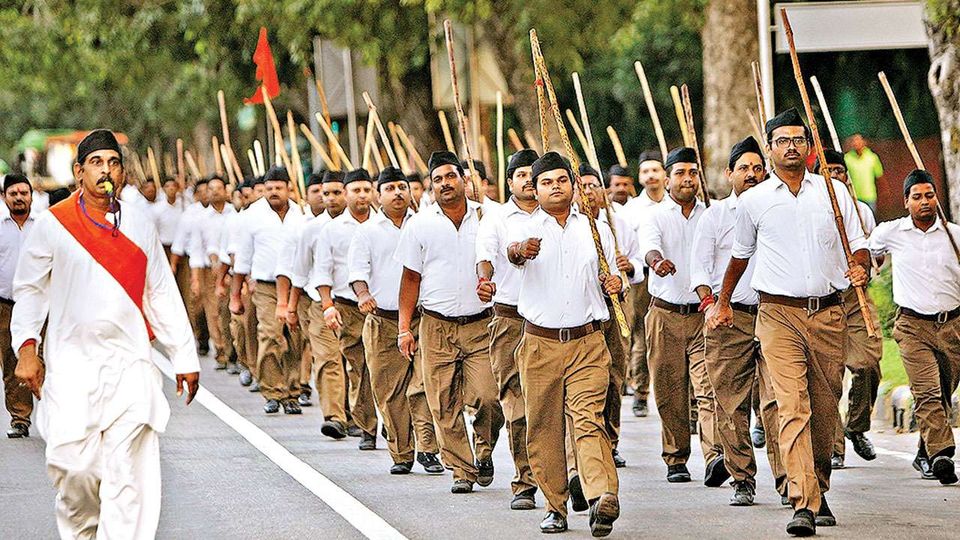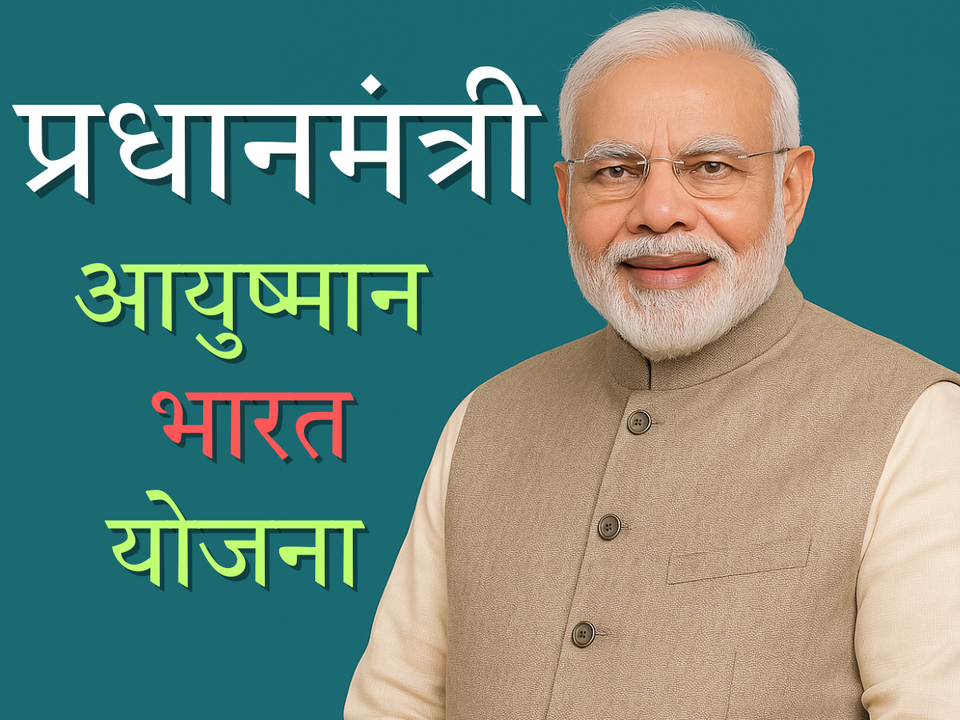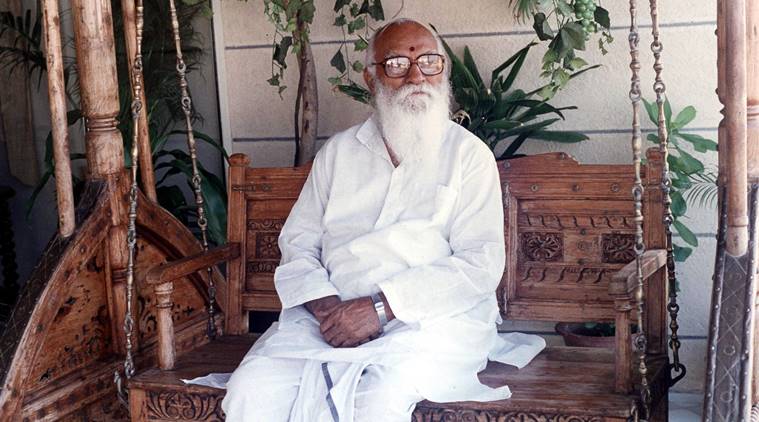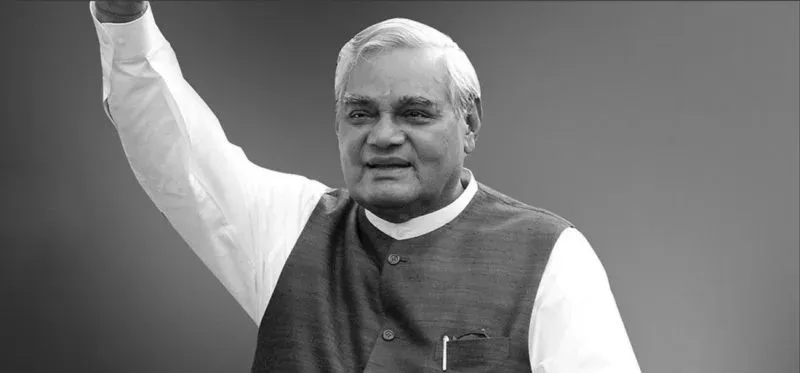🇮🇳 Did You Know Subhash Chandra Bose Was Rejected by Congress?
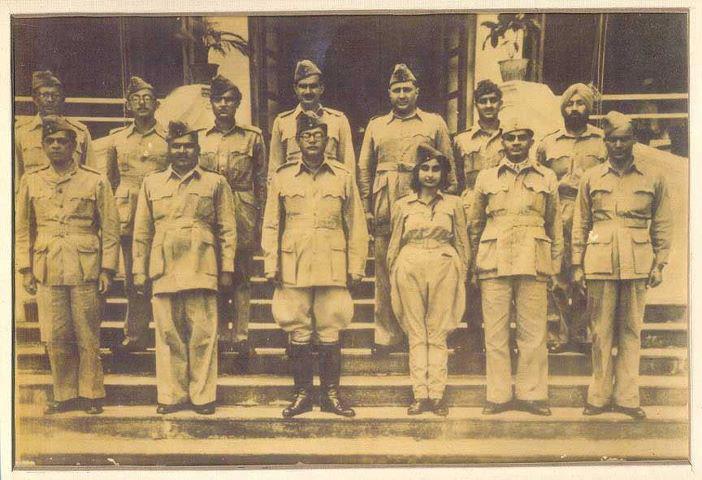
Subhash Chandra Bose, fondly known as Netaji, remains one of the most iconic freedom fighters of India. His life was filled with bold decisions, fearless actions, and unwavering commitment to the independence of India. But what many people don't know is that he was repeatedly rejected by the Indian National Congress despite his immense popularity and contribution to the freedom struggle. 😮
🧭 Early Political Journey
Subhash Chandra Bose started his political journey with the Indian National Congress (INC), where he quickly rose to prominence due to his sharp intellect and passionate speeches. He was deeply influenced by Swami Vivekananda and was known for his radical thoughts and ideas of complete and immediate independence from British rule.
⚔️ Ideological Clashes With Gandhi
One of the main reasons for the friction between Bose and Congress was his ideological differences with Mahatma Gandhi. While Gandhi believed in non-violence and peaceful civil disobedience, Bose strongly advocated for a more militant approach. He believed that armed resistance was essential to throw off the British yoke. This radical stance made many senior Congress leaders uncomfortable.
📉 Congress Presidential Elections of 1939
In 1939, Bose was elected President of the INC by defeating Gandhi's candidate, Pattabhi Sitaramayya. Though Bose won democratically, Gandhi openly said, “Pattabhi's defeat is my defeat,” making it clear that he disapproved of Bose's leadership.
This victory, instead of uniting the Congress, led to more rifts. Eventually, facing growing opposition from within the party, Bose resigned from the post and walked away, forming the Forward Bloc — a new political faction within Congress aimed at more radical policies.
🚫 Rejection and Isolation
After his resignation, the Congress distanced itself further from Bose. He was marginalized and was no longer given the platform or support that he once enjoyed. His Forward Bloc was sidelined and not given importance in the mainstream freedom movement by the Congress leadership.
It’s important to remember that during this period, Bose was still immensely popular among the masses, especially the youth, who admired his boldness and vision.
✈️ Escaping British Surveillance
Frustrated with internal politics and under house arrest by the British, Bose made a dramatic escape from India in 1941. He traveled through Afghanistan, Soviet Union, and eventually reached Nazi Germany, seeking international support to fight against British imperialism. Later, he moved to Japan and took charge of the Indian National Army (INA), which aimed to liberate India through armed struggle.
🔥 Role of INA and Legacy
Bose formed the Provisional Government of Free India and led the INA alongside Japanese forces. Though the military campaign did not succeed, Bose's influence stirred a strong sense of nationalism back in India. The trials of INA officers created mass sympathy and are believed to have hastened the British decision to leave India.
💡 Why Was He Rejected?
- His aggressive military stance was seen as dangerous by Gandhi and Nehru.
- His alliances with Axis powers during WWII raised suspicions.
- His charisma threatened the existing power structure within Congress.
🕊️ The Truth History Forgot
History often glorifies leaders, but sometimes fails to acknowledge internal conflicts. Bose's rejection by Congress is not just a political episode — it's a reflection of the complexities of the freedom struggle. Despite the opposition, Bose stood firm, followed his own path, and ultimately inspired millions. 💖
📚 Conclusion
Subhash Chandra Bose may not have been accepted by the Congress leadership, but he will forever remain a hero in the hearts of Indians. His courage, conviction, and sacrifice continue to inspire generations. 🙏
Related Reads:

